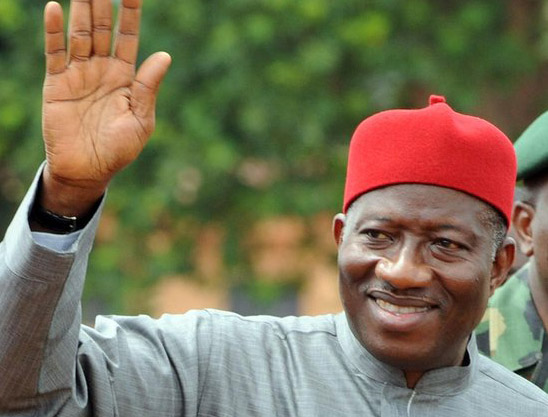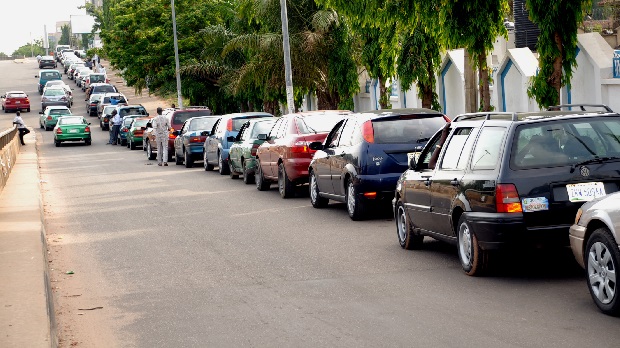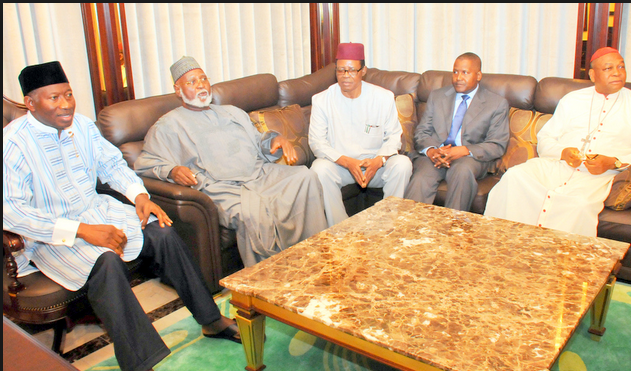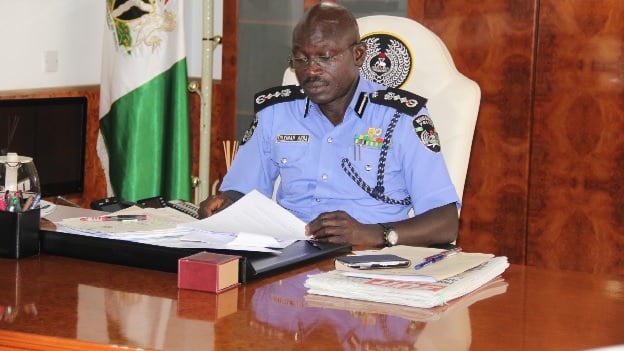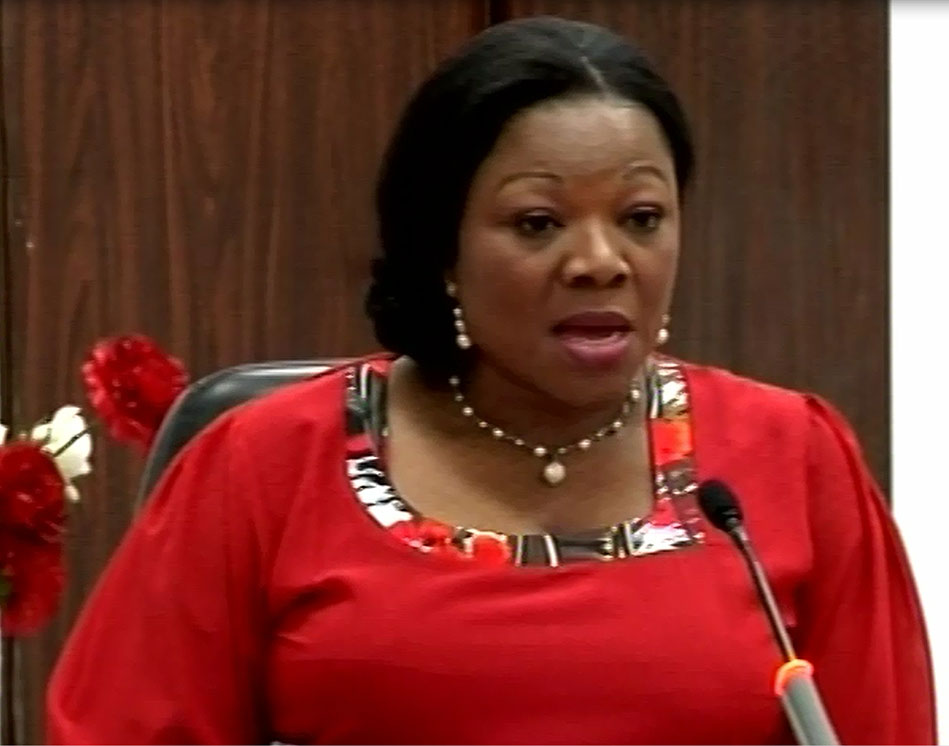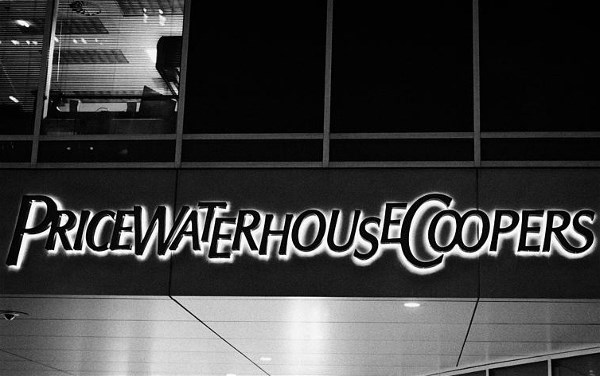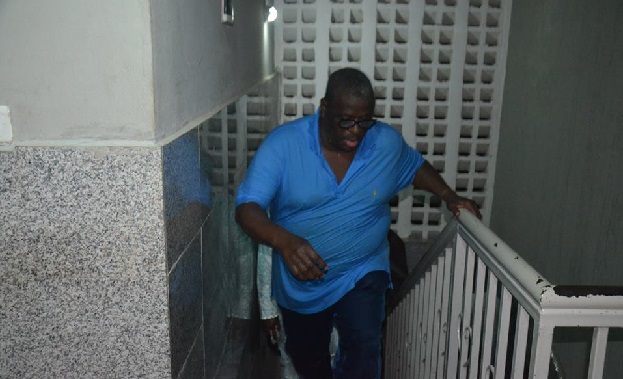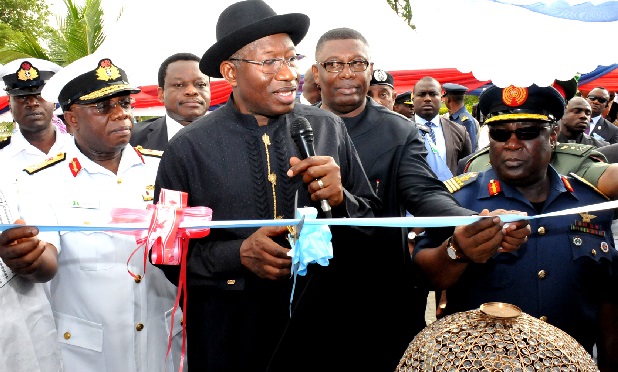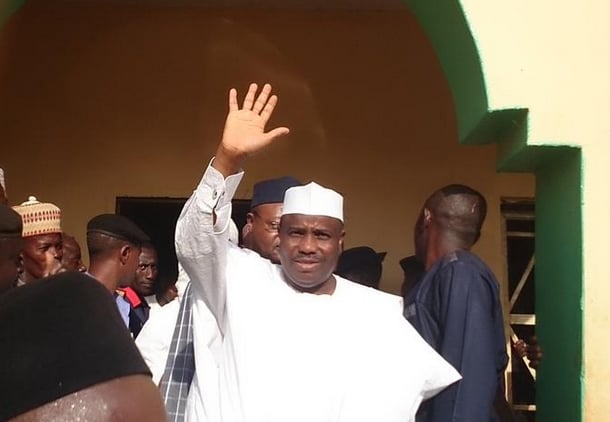President Goodluck Jonathan is unarguably the most favoured politician in Nigeria’s fourth republic. His entire political career has not spanned two decades yet, but he remains the only Nigerian – living or dead – who has risen to phenomenal heights in 16 consecutive years.
From a humble start as deputy governor in 1999, he became governor, vice-president, acting president and until Friday May 29, 2015, the president. Hate him or love him, Jonathan has secured a unique place in history.
Aside the March 28 presidential poll, he has not lost any election, though his critics believe that sheer luck – rather than mastery of the game – is responsible for the feat.
In the build-up to his 2011 election as the nation’s topmost citizen, he enjoyed goodwill of majority of the people but that did not last long. The attempt to withdraw fuel subsidy one year after cost him mass appeal.
Advertisement
Things kept going from bad to worse; and at a point, he described himself as the most criticised president in the world and subsequently added that Nigerians would know his worth after he bows out of office.
As that period draws near, TheCable takes one more look at the final memories that Jonathan would be leaving Nigerians with.
BREAKING-POINT FUEL SCARCITY
Advertisement
“Nigerians go to fuel stations and sleep overnight to buy fuel or tip those who sell fuel to buy fuel. They hoard fuel and they benefit from the hoarding. Since we came on board, have you suffered? Do you need to bribe someone before you get fuel?”
Those were the words of Jonathan when he flagged off his re-election campaign in Lagos on January 8. But as if his words are coming back to haunt him, his last days in office have been a nightmare for many Nigerians. Not only has Premium Motor Spirit (PMS) suddenly become the scarcest commodity around, it sells far higher than the regulated price in few places where it can be found. In addition, the queues are endless, making black marketers to smile to the bank.
Although reprieve is already on the way, the sufferings will not be completely eliminated until Jonathan leaves office because there was zero provision for fuel subsidy in the 2015 budget that was passed and bankers and oil marketers are on the alert and have classified financing imports of petrol and kerosene as “political risk”.
Advertisement
A PRESIDENT WITHOUT HIS FRIENDS
On March 31, while the Independent National Electoral Commission (INEC) was still collating the result of the March 28 presidential election, Jonathan hosted members of the Peace Accord Committee (PAC) led by its chairman, Abdulsalami Abubakar, a former head of state.
The committee commended Jonathan for calling Buhari to congratulate him on his victory, an unprecedented act in the history of Nigeria. A source privy to the meeting said Jonathan had told his visitors that losing the election was not as painful as seeing the other side of human beings.
Jonathan was said to be so devastated by the betrayal of the people whom he called friends that he vowed that, as a zoologist, he could go and study animals more and see whether they have the same level of treachery as human beings.
Advertisement
According to a state house correspondent who attended the villa chapel on March 29, apart from the aides of the president, not up to 30 people attended service, unlike in the past when the auditorium was always filled to capacity.
Weeks later when he hosted the 5th presidential breakfast prayer and there was a good turn-out, the president expressed appreciation to those present, even though his wife was not at that service.
Advertisement
“I thank you all for coming. I am surprised to find this hall filled,” he said.
GALE OF SACKS
Advertisement
After losing the election, Jonathan felt there was need to carry out some cleansing and a few days after, Suleiman Abba, the inspector-general of police, was dismissed from service four years before he was due for retirement.
Political watchers said Abba was kicked out for disloyalty: he led some officers to the International Conference Centre (ICC) on the day that the certificate of return was presented to Muhammadu Buhari, the incoming president.
Advertisement
The police service commission later said the immediate past inspector-general of police was fired for indiscipline, but as at the last count, at least four top government officials had been shown the way out and unlike Abba, no reason was given for their removal.
They include Femi Thomas, executive secretary National Health Insurance Scheme (NHIS) who was replaced with Olufemi Akingbade, a director at NHIS before the development; Habib Abdullahi, managing director of the Nigerian Ports Authority (NPA), who was replaced with Sanusi Ado Bayero, son of former emir of Kano; Sharon Kasali, executive secretary of the Petroleum Equalisation Fund (PEF), in whose stead Asabe Ahmed, then the minister of state for agriculture and rural development, was appointed.
Saratu Umar, executive secretary of the Nigeria Investment Promotion Council (NIPC) was also sent packing and Uju Hassan-Baba was been appointed as her replacement.
In Jonathan’s remaining four days, some may still have to give way. We never know.
APPOINTMENTS AND PROMOTIONS
No once can actually dub Jonathan a killjoy president, because, to be fair to him, he has been putting smiles on the faces of certain people. Apart from those listed above as replacement for dismissed officials, the outgoing president also made some appointments, even if they were considered hasty in some quarters.
Haliru was appointed the substantive director-general of the securities and exchange commission (SEC), having served in acting capacity until the development. Jonathan also made Peter Obi, former governor of Anambra and his ally, the chairman of SEC.
Marilyn Ogar, spokeswoman of the State Security Service (SSS), was promoted as well, and it is yet to be seen what the incoming government would make of her elevation, knowing that the All Progressives Congress (APC) considered her to be sympathetic to the president’s re-election ambition. Although Ogar consistently denied allegations of partisanship, saying she was doing her job, APC did not mince words in branding her an apologist of the Peoples Democratic Party (PDP).
RELEASE OF NNPC AUDIT REPORT
On April 27, Jonathan ordered the release of the full report of the forensic probe into the accounts of the Nigerian National Petroleum Corporation (NNPC).
The audit was done by PricewaterhouseCoopers following an allegation made in 2013 by the then governor of the central bank, Sanusi Lamido Sanusi, that the corporation failed to remit $20 billion to the federation account. The report was submitted to Jonathan in February, but only excerpts were released to the public.
As the directive came a day after Buhari vowed to revisit the issue Sanusi raised, some Nigerians believed that Buhari’s comment forced Jonathan to act. But Reuben Abati, Jonathan’s spokesman, said the president decided to make the account public out of the “deep concern by the continuing suggestions that his administration still has anything to hide about the unproven allegation that about $20 Billion is unaccounted for by the NNPC during his tenure”.
“To lay the matter to rest, President Jonathan in line with Section 7(2) of the NNPC Act, has directed that the full report of the PWC Forensic Audit of the NNPC accounts be released immediately to the public so that all Nigerians will be properly informed on the matter.”
For once, Jonathan proved that he gave a damn. And long after he is gone, that move will still be remembered.
Add a comment

